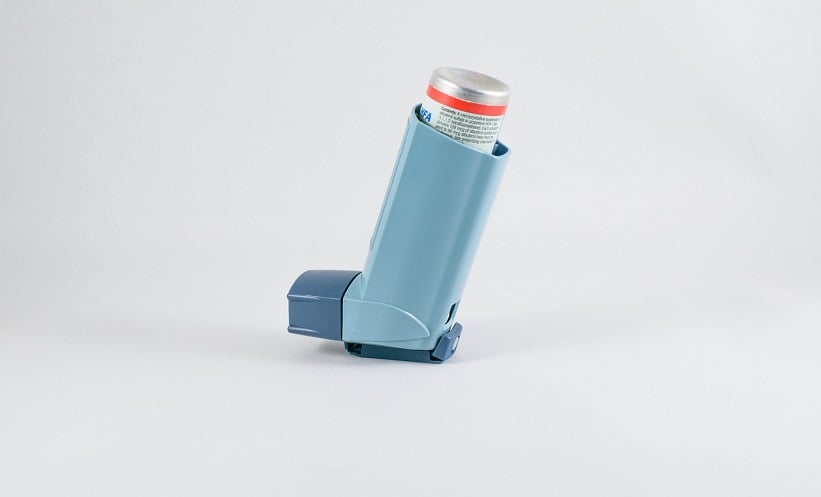THE RISK of asthma exacerbations requiring hospitalisation was found to be higher during warmer temperatures, according to new research by Garyfallos Konstantinoudis, Imperial College London, UK, and colleagues.
To understand the association between temperature and asthma exacerbations requiring hospital admission and how these vary spatially and over time, the team performed a case-crossover study. National Health Service (NHS) Digital Hospital Episode Statistics data at high temporal (daily) and spatial (postcodes) from 260,085 hospital admissions for exacerbations of asthma occurring in England during the months of June, July, and August between 2002–2019 were reviewed.
An average of daily mean temperature from the 3 days preceding hospital admission were used to accommodate any delayed impact following heat exposure. Mean daily temperature was similar during 3 different time periods assessed in the study: 16.0 °C between 2002–2007, 15.5 °C between 2008–2013, and 16.1 °C between 2014–2019.
The analysis revealed that hospital admissions for asthma exacerbations increased by 1.11% for every 1 °C increase in daily mean temperature (95% confidence interval [CI]: 0.88–1.34). This increased risk was higher in males of all ages, with the greatest risk occurring in males aged 16–64 years at 2.10% (95% CI: 1.59–2.61).
Upon review of the temporal trends, risk of hospitalisation was greatest during the 2002–2007 period and lowest in the 2014–2019 period at 2.96% (95% CI: 2.56–3.37) and -0.01% (95% CI: -0.39–0.37), respectively, showing a decrease in admission risk over time. Furthermore, a post-hoc analysis revealed that the risk for admission with each 1 °C temperature increase will decrease by 0.22% annually.
Whilst this study identifies evidence of an association between warm temperature and asthma hospitalisations, this risk has decreased over time. Konstantinoudis commented that this could be due to changes in asthma management, lifestyle, comorbidities, patterns of heat exposure, adaptive mechanisms, and occupation.
From the findings, the authors concluded: “More studies in counties with different climate, health care and social behaviours are needed to further understand the generalisability of the results.”








